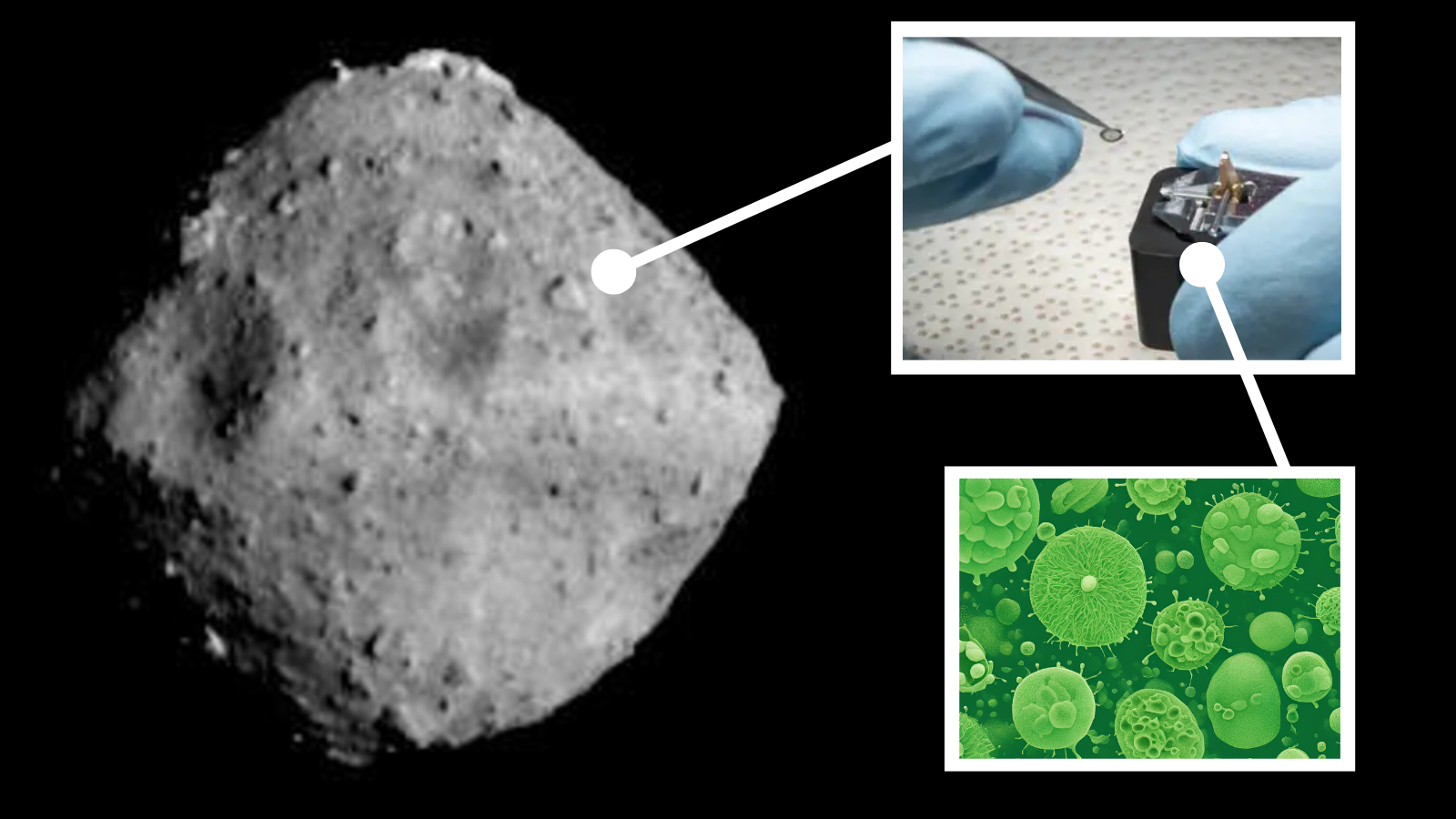Copyright mirror

Many drivers across Britain take to the roads daily, unaware that their vehicle could be silently putting their lives at risk. Whilst most motorists keep an eye on dashboard warning lights, one crucial danger sign is frequently missed: a strange smell that could indicate a potentially fatal carbon monoxide leak. Kazimieras Urbonas, Supplier Excellence Manager at Ovoko , one of Europe's largest online marketplaces for second-hand car parts, is urging drivers to take action if they notice unusual odours in their vehicle. "It's common for drivers to just dismiss odd smells as minor annoyances, but certain odours are your car's way of screaming for help," warns Urbonas. "What starts as an unpleasant smell could quickly become a life-threatening situation if left unchecked." Below, motoring expert Urbonas reveals the smell that requires immediate attention and what drivers must do to stay safe. A rotten egg or sulphur-like smell emanating from your car is a red flag that something has gone seriously wrong under the bonnet. This distinctive odour usually points to a faulty catalytic converter or an issue with your fuel system. "The catalytic converter plays a central role in reducing harmful emissions," explains Urbonas. "When it starts to fail, hydrogen sulphide gas, which smells like rotten eggs, can escape instead of being converted into odourless sulphur dioxide. This is both an emissions problem and a sign that your exhaust system is compromised." Even more alarming is the detection of exhaust fumes inside the passenger compartment. This could suggest a leak in your exhaust system, allowing dangerous gases to infiltrate the car where you're seated. Among these gases lurks carbon monoxide, a silent but deadly killer. While some individuals t urn to social media to seek advice from other drivers about such issues , it's crucial to obtain accurate guidance on this perilous matter. Carbon monoxide is colourless, odourless, and lethal. Unlike the rotten egg smell that signals a problem, carbon monoxide provides no warning. It silently accumulates in enclosed spaces, with your car interior being the perfect environment. "People don't realise how quickly carbon monoxide poisoning can occur in a vehicle," warns Urbonas. "Even a small leak can create dangerous concentrations within minutes, especially when the windows are closed and the heating is on." Brief exposure to carbon monoxide in a confined car interior can trigger a range of symptoms. Headaches , dizziness, nausea, confusion, and extreme fatigue are common warning signs. In serious cases, extended exposure can result in loss of consciousness or even prove fatal. Young children, older people, and those with existing heart problems face the greatest risk. The threat becomes more acute during the winter months when motorists tend to drive with windows closed and heaters running. Traffic congestion poses an especially serious hazard as exhaust emissions from nearby vehicles can compound the issue if your vehicle has developed a leak. If you notice a rotten egg odour or spot exhaust fumes entering your vehicle, acting quickly could prove life-saving. "The moment you smell something suspicious, don't try to tough it out or convince yourself it's nothing," warns Urbonas. "Pull over safely as soon as possible, open all the windows, and turn off the engine." Initially, ensure complete ventilation of the vehicle by opening every door and window. Getting fresh air circulating is your top priority. Under no circumstances should you carry on driving if you're suffering symptoms such as light-headedness or feeling sick, as these may signal carbon monoxide exposure, and your ability to make sound decisions could already be compromised. Remove yourself and all passengers from the vehicle and get into fresh air. Should anyone display serious symptoms including disorientation, breathing difficulties, or losing consciousness, dial 999 without delay. Carbon monoxide poisoning demands immediate medical intervention. "Don't restart the engine or attempt to drive the vehicle to a garage yourself," warns Urbonas. "You need a professional inspection before that car is safe to drive again. Arrange for it to be towed to a qualified mechanic who can properly diagnose and repair the issue." A skilled mechanic will scrutinise your exhaust system for leaks, inspect the catalytic converter, and check all seals and connections. They'll also assess your fuel system if a rotten egg smell was detected. These aren't repairs you should put off. The risk to your health and the potential for expensive engine damage both increase the longer you delay action. "We see countless cases where drivers ignored early warning signs, only to face repair bills that could have been half the cost if they'd acted sooner," says Urbonas. "More importantly, they unknowingly put themselves and their families at risk every time they got in the car." Modern catalytic converters can cost anywhere from £200 to over £2,000, depending on your vehicle, but that's nothing compared to the cost of carbon monoxide poisoning or the potential for total engine failure. When it comes to car safety, prevention is always better than cure, according to Urbonas. He advises: "Regular servicing is your first line of defence. Have your exhaust system inspected at least once a year, or more frequently if you drive an older vehicle. Garages typically will include this in a standard service, but don't be afraid to request an exhaust check." Urbonas also emphasises the importance of being alert to changes in your car's performance. "If your engine sounds different, your fuel economy drops suddenly, or you notice a smell of any kind that wasn't there before, get it checked immediately," he warns. "These early warnings give you the chance to fix small problems before they become dangerous or expensive.." Maintaining your vehicle well overall is crucial, says Urbonas. "Issues with one system can cascade into others, so staying on top of routine maintenance helps prevent the kind of failures that lead to dangerous leaks." He adds: "If you're buying used parts for repairs, always source them from reputable suppliers who guarantee quality and compatibility with your specific vehicle model."



